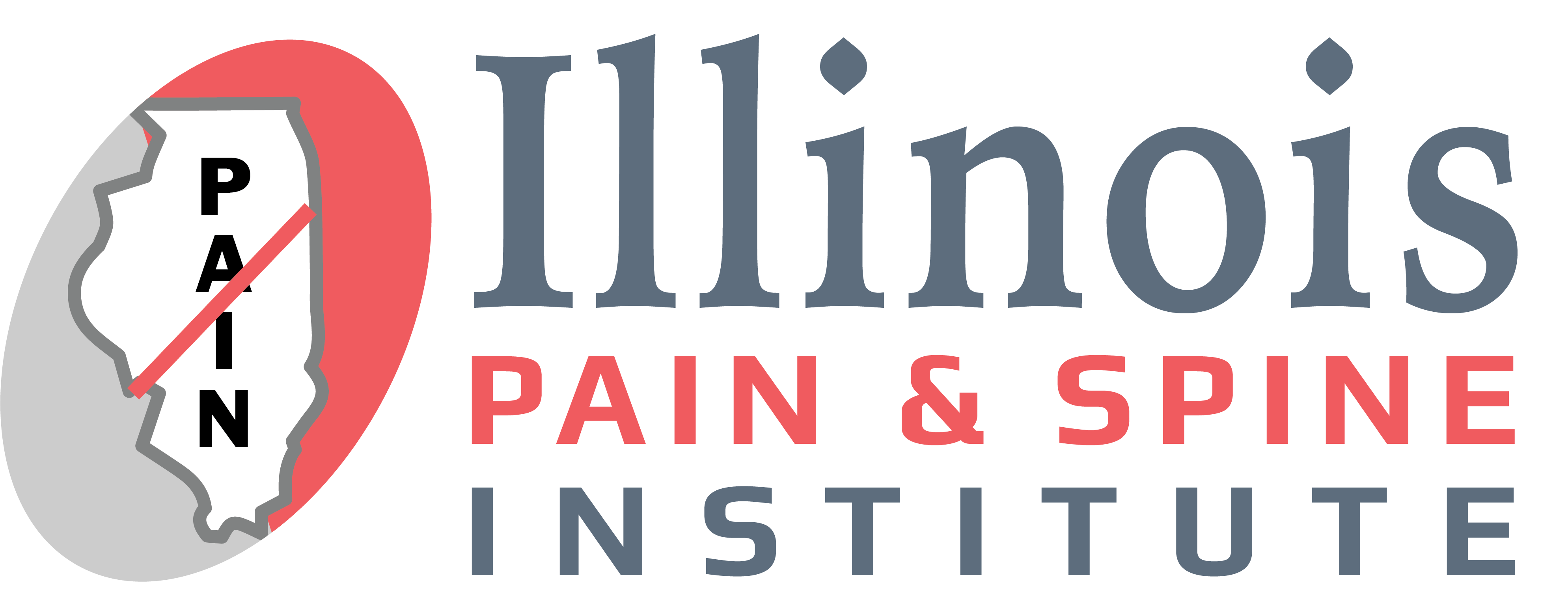Pioneering the field of carpal tunnel syndrome treatment, the Illinois Pain & Spine Institute sets a high bar with its comprehensive and systematic approach. Diagnostic procedures, encompassing X-rays, electromyograms (EMGs), or nerve conduction studies, play a pivotal role in their patient-centered strategy, ensuring an accurate assessment of the condition. Building on this foundation, the institute’s specialists employ a multifaceted treatment plan, focusing on reducing wrist strain and utilizing specialized braces to maintain optimal hand position, effectively combating inflammation and pain. The targeted administration of injections, delivering precise pain management, relegates surgery to a seldom-needed intervention, reserved exclusively for severe cases warranting immediate attention.
Understanding the Causes of Carpal Tunnel Syndrome
Carpal tunnel syndrome does not typically stem from a single underlying cause. Instead, it can be influenced by various factors that lead to the narrowing of the carpal tunnel and the subsequent pressure exerted on the median nerve. It is also possible for the nerve itself to sustain damage.
One well-known factor associated with carpal tunnel syndrome is repetitive stress on the wrist. Engaging in repetitive hand or wrist movements overextended periods increases the risk of tendon damage. This damage can trigger inflammation, which, in turn, puts pressure on the nerve.
Nevertheless, the available research often presents conflicting results, making it challenging to pinpoint definitive causes of CTS. It is plausible that carpal tunnel syndrome linked to computer use or repetitive stress is primarily a result of the repetitive stress itself rather than the constriction of the carpal tunnel.
Who is Susceptible to Carpal Tunnel Syndrome?
If a member of your family has received a diagnosis of carpal tunnel syndrome, your own risk of developing the condition may be elevated. Additionally, women who are pregnant may experience symptoms of carpal tunnel syndrome.
While specific occupational hazards related to carpal tunnel syndrome lack substantial evidence, this does not dismiss the possibility entirely.
Effective Treatment Approaches for Carpal Tunnel Syndrome
Prior to initiating treatment for carpal tunnel syndrome, the Illinois Pain & Spine Institute follows a diagnostic protocol that may involve X-rays, electromyograms (EMGs), or nerve conduction studies.
The primary focus of carpal tunnel syndrome treatment involves minimizing activities that strain the affected wrist. A brace may be provided to maintain proper hand positioning, reducing inflammation and alleviating pain. Injections may also be administered to manage pain and swelling. In severe cases, surgery may be recommended, although it is typically not required.
If you are grappling with carpal tunnel pain, do not hesitate—scheduling an appointment with Illinois Pain & Spine Institute today!

